from: http://thisisafrica.me/lifestyle/caine-prize-african-writing-offsetting-continental-diaspora-deficit/
The London-based Caine Prize for African Writing has
been associated with the most exciting contemporary voices of African
Literature. But the prize has typically favoured writers in the diaspora. Are
things starting to change?
Almost every aspiring and established African writer
of English expression will tell you of the London-based Caine Prize for African
Writing. Fourteen years old this year, the prize has been associated with the
most exciting contemporary voices of African Literature, despite its narrow
focus on the short story. African Literature super-star Chimamanda Adichie was
shortlisted for the prize in 2002 and attended its first ever workshop in 2003
in South Africa. Her friend, Binyanvanga Wainaina won the prize in 2002 and
went on to found Kwani?, the
Kenyan-literary establishment that publishes Yvonne Adhiambo Owuor, who won the
prize in 2003.
 |
| 2014 winner Okwiri Oduor |
The most exciting African writer of the moment, NoViolet
Bulawayo, whose debut novel We Need New Names has won the PEN Hemingway
Prize for Debut Fiction, the Etisalat Prize for African Literature among
several international prizes including being shortlisted for the Man Booker
Prize, won the prize in 2011. In fact, Hitting Budapest, her 2011
winning story is the first chapter of the novel. She recently told a Ugandan
audience that Hitting Budapest was her first ever published story.
 |
| NoViolet Bulawayo |
Ironically, the prize is most criticised by its former
beneficiaries. Helon Habila, who won the prize in 2001, in 2013 lambasted
NoViolet Bulawayo’s book as perpetrating a certain image of Africa, which he
blamed on the prize itself. He described the Caine Prize aesthetic as of
suffering and pain. Habila was one of the judges of the prize this year. Back
to 2013, Chimamanda Adichie mentioned in an interview that she does not look to
the prize to learn of the best African fiction. She looks to her inbox. She
runs an annual workshop in Lagos, and selects participants from all over Africa,
but primarily from Nigeria.
Much of the criticism of the prize centres on the
substance of the stories that win it. The most virulent critic of the prize is
Nigerian-American writer Ikhide Ikheloa who in 2011 wrote that “many writers
are skewing their written perspectives to fit what they imagine will sell to
the West and the judges of the Caine Prize”. The Prize derives its name from
Sir Michael Harris Caine, former Chairman of the Booker Group plc. who is said
to have had a lot of interest in African Literature. Indeed the prize is sometimes
called the African Booker.
Less talked about is the fact that some former winners
of the prize have found their way to the West, after winning it. As Carmen Cain
wrote about the 2013 Africa Writes conference, which is associated with the
prize, conversations around the prize do not attempt to shift the centre of the
universe to Africa. Binyavanga Wainaina went to Norwich, and eventually
directed the Achebe Center for African Artists at Bard College, before he
relocated to Kenya after winning the prize. In the years following Habila’s
winning of the prize, he taught at a Western university. The lone Ugandan
winner of the prize, Monica Arac de Nyeko (2007) lives in Holland. NoViolet
Bulawayo won the prize while living in America. Few of the past winners of the
prize have resisted the urge to shift to the diaspora, even if for a short
time.
The diaspora privileging of the prize almost came into
sharp focus in 2013 when Tope Folarin, an American-Nigerian, who was born in
America and had not been to Nigeria since he was a baby, won the prize. His
story was set in Texas and was published by Transition, a magazine based
at Harvard, even though it was originally founded by an Indian-Ugandan in
Kampala in the 1960s. But the noise regarding Tope’s Africanness
was muted because the Prize probably has the widest definition of an African,
for purposes of eligibility. The rules state that ‘An African writer’ is taken
to mean someone who was born in Africa, or who is a national of an African
country, or who has a parent who is African by birth or nationality.” Tope’s
winning of the prize did not break any rules.
 |
| At the 2014 workshop in Zimbabwe |
The prize has made efforts to root itself on the
African continent. Since 2003, annual workshops are organised in various
African countries and writers given opportunities to write, share with their
fellow writers and animateurs and mingle with shortlisted writers from a
previous year. This year’s workshop was held in Zimbabwe. From this workshop,
an annual anthology is published by New Internationalist, but also by six
co-publishers on the continent. These steps, to root the prize processes on the
continent are beginning to bear fruit judging by the numbers of shortlisted writers
from the continent, compared to those in the diaspora.
According to Lizzy Attree, the Prize Director, in
2001, all the shortlisted writers for the prize lived on the continent. In 2003
and 2011, four of the five shortlisted writers lived on the continent. This
year, it has happened again. Four of the shortlisted writers live on the
continent, including the winner, Nairobi-based Kenyan writer Okwiri Oduor (for My Father’s Head). Notable about
this year’s shortlist is that two of the shortlisted writers, Okwiri Oduor and
Efemia Chela were published by Short Story Day Africa
(SSDA), on emerging winner and third place winner of SSDA’s Famine, Feast and
Potluck competition respectively. Rachel Zadok, the founder of SSDA was herself
part of a previous Caine Prize workshop.
Numerically, the diaspora may still be dominating the
Caine Prize statistics in terms of getting shortlisted and winning, and
eventual recruitment of continent residents who win the prize, but this is
happening despite the prize’s effort to grow strong roots on the continent. The
Caine prize has directly and indirectly led to the growth of continental
initiatives like SSDA that are now part of the network that is producing and
promoting more African writing talent that eventually gets recognised by the
prize.


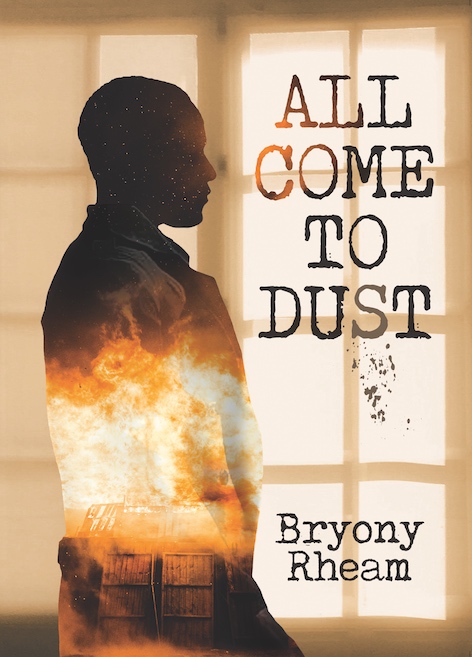
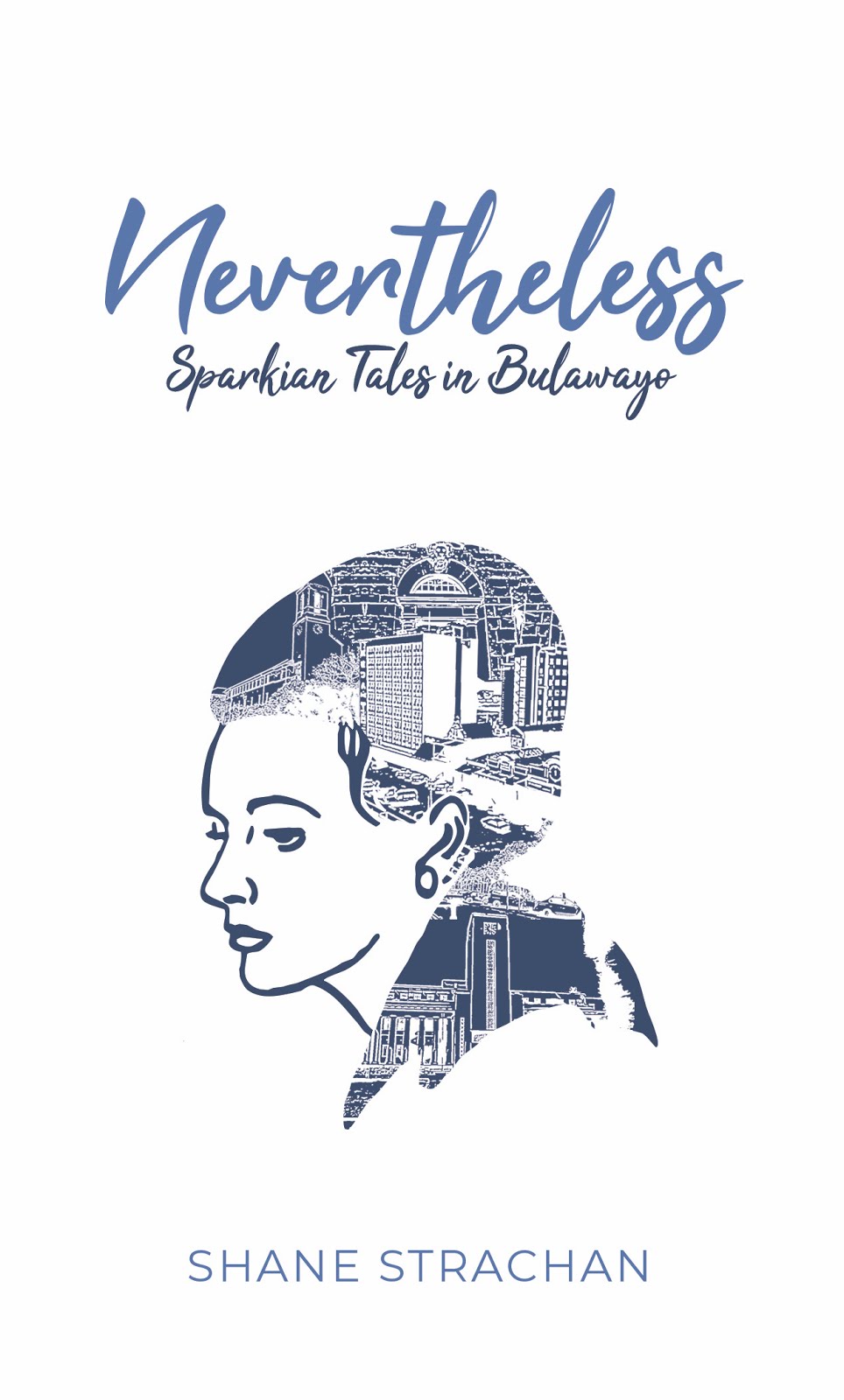





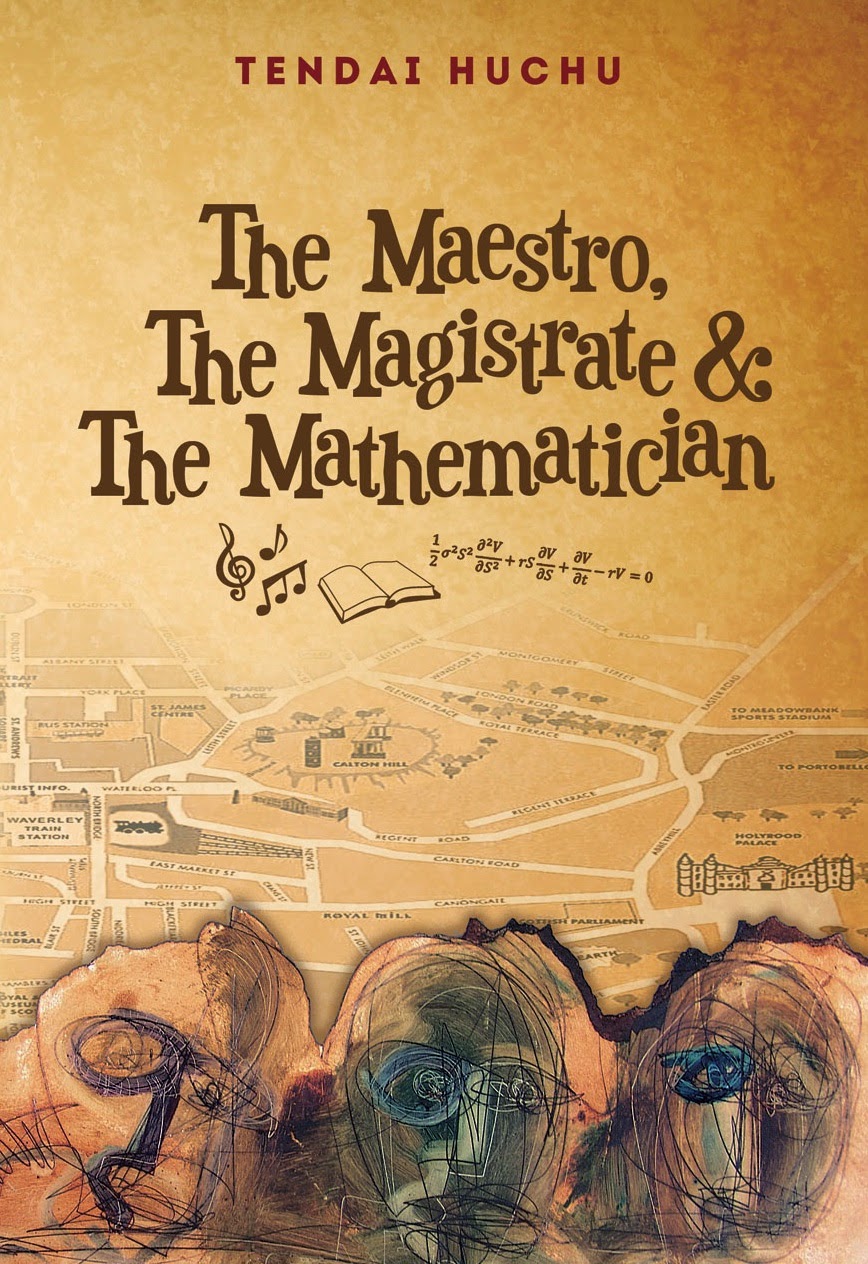
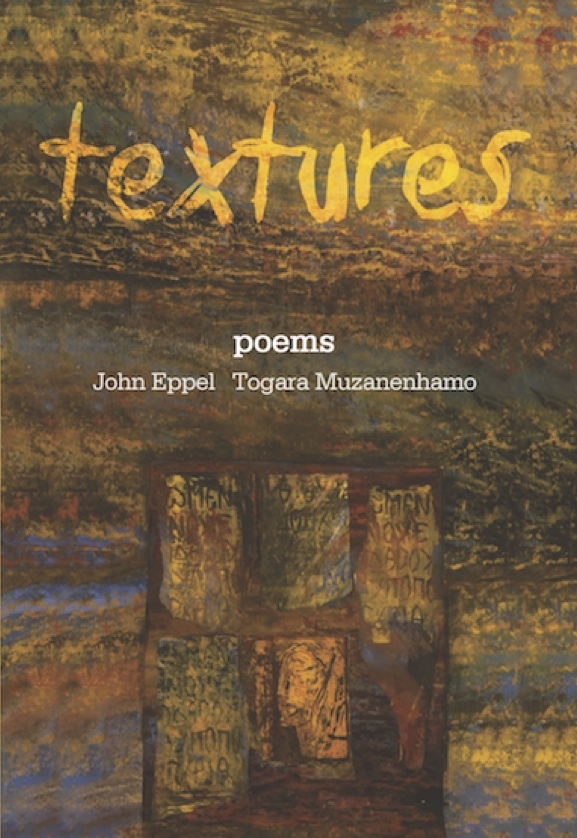
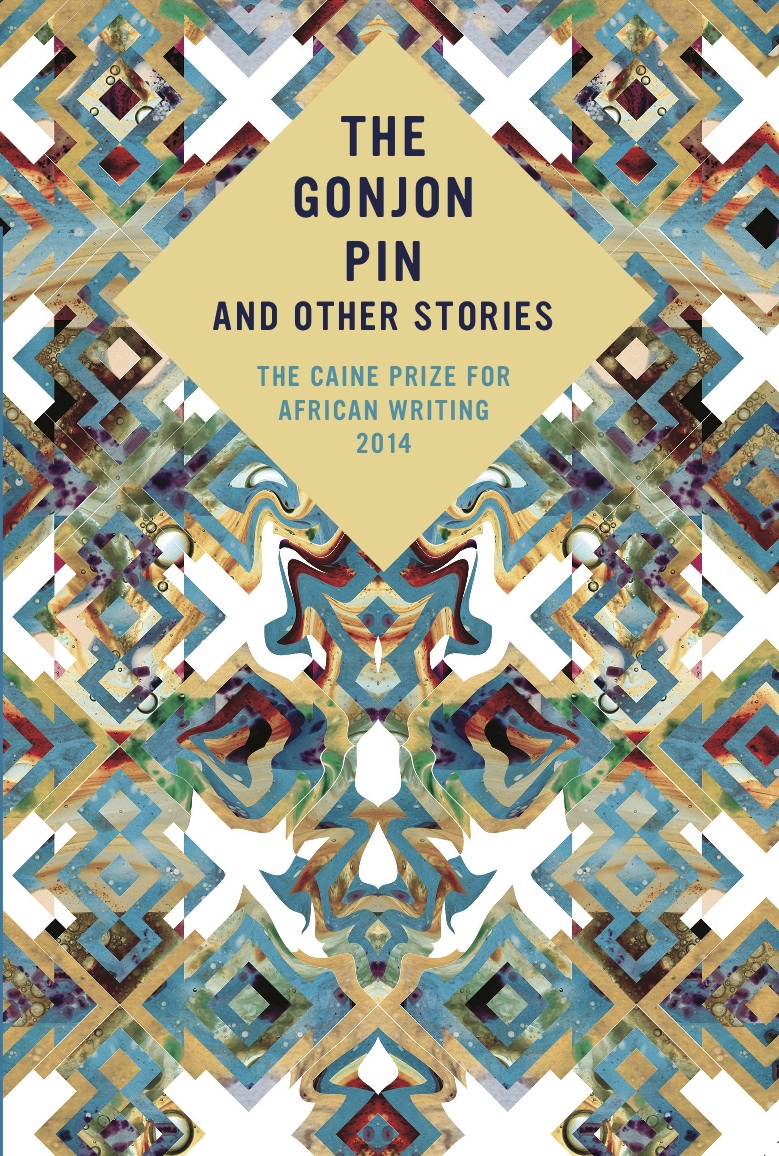
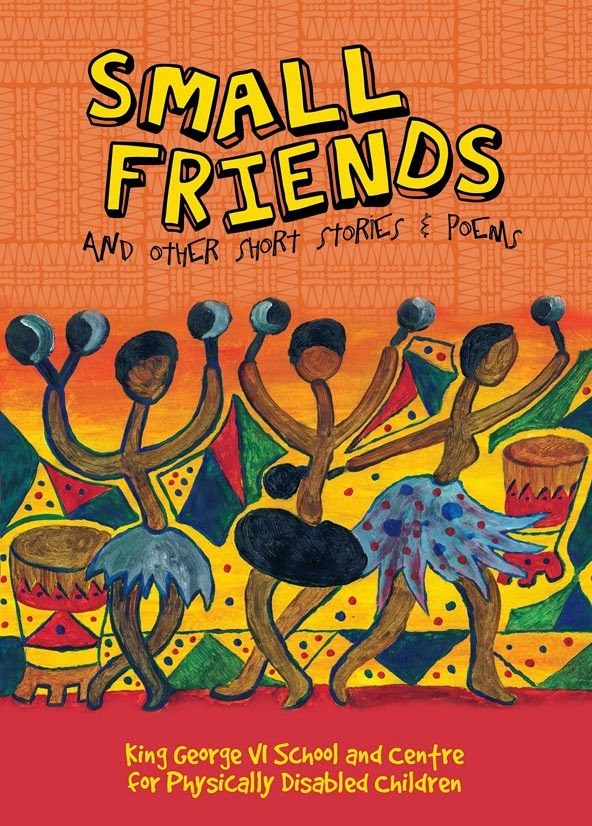
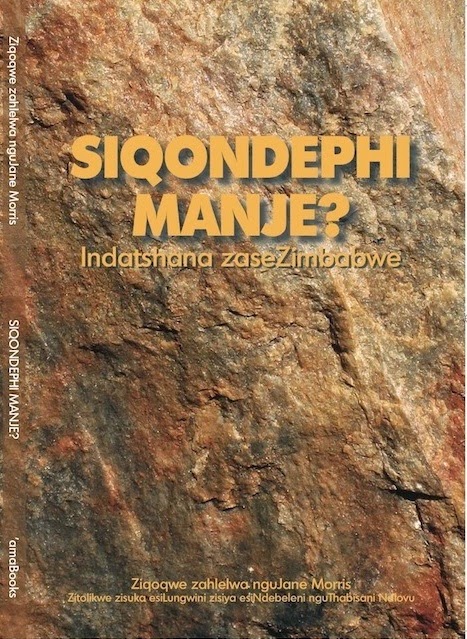
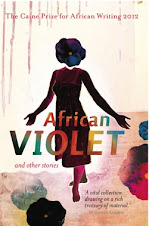

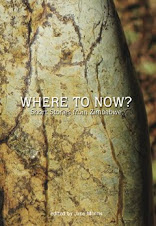
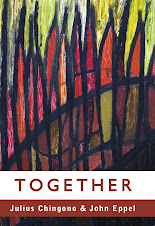
.jpg)

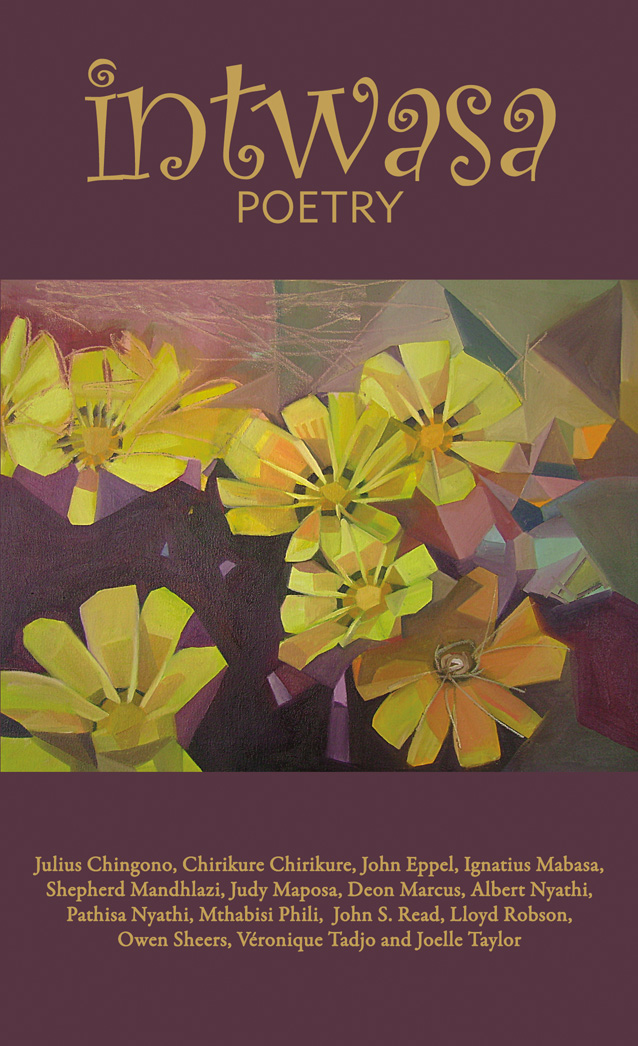


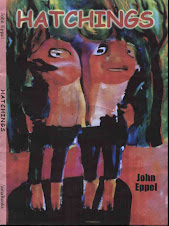













.jpg)

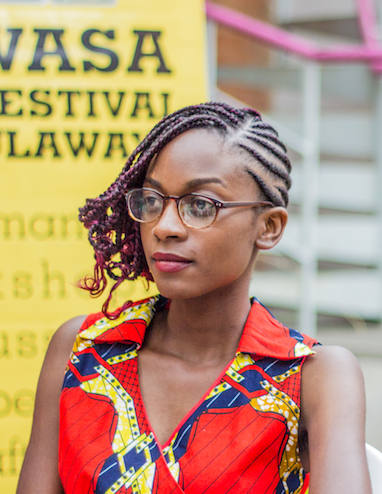


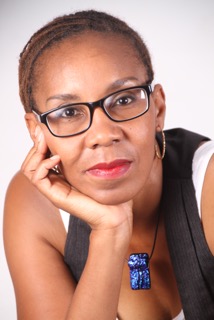






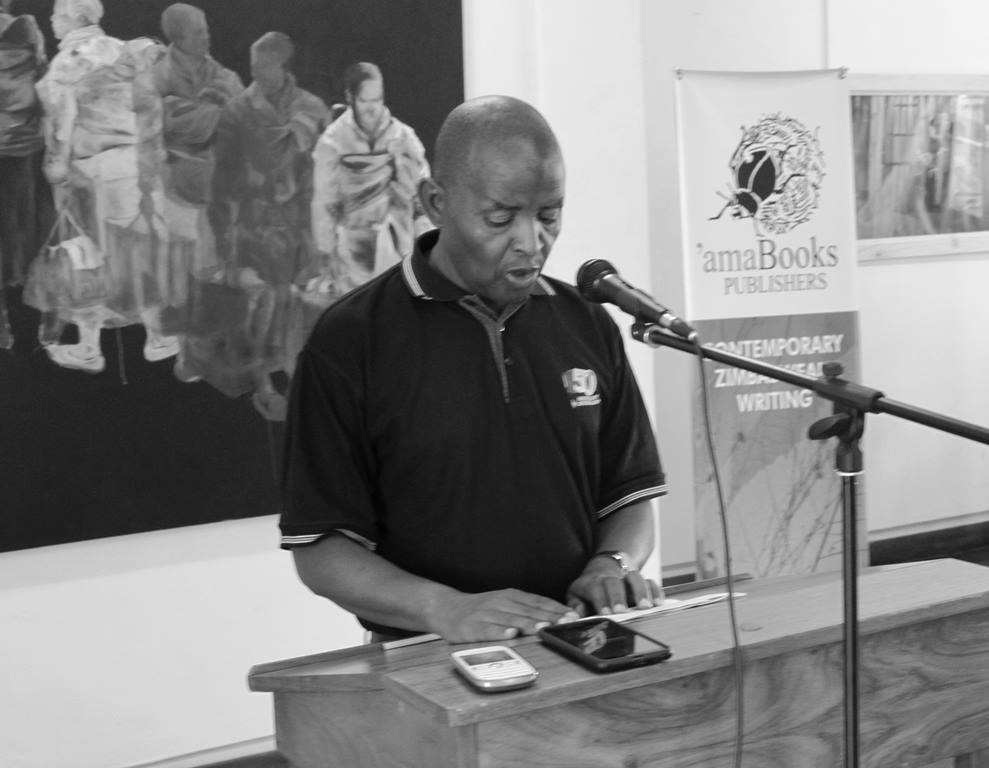

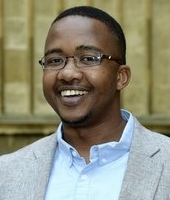
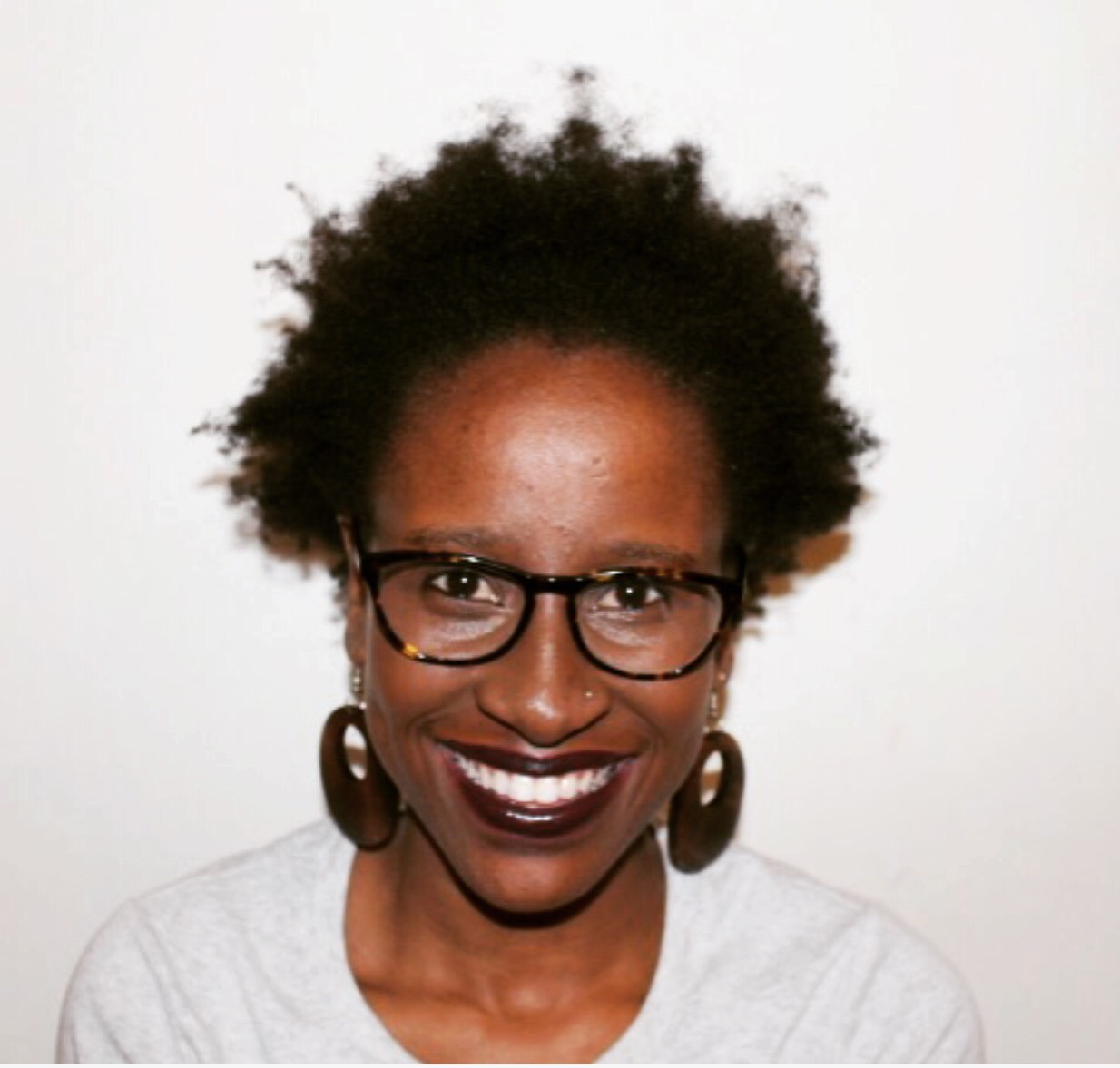



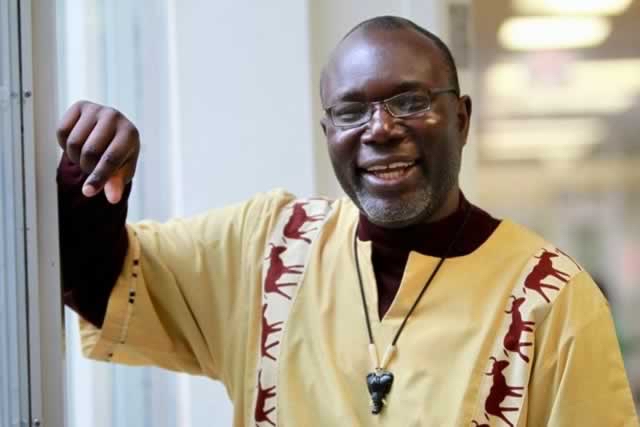









No comments:
Post a Comment